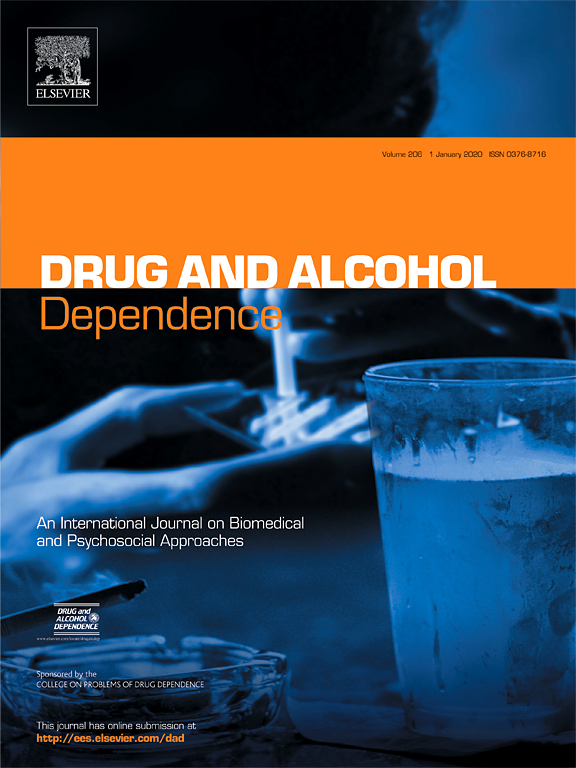News On The Green: In The Light


Drug and Alcohol Dependence
Latest Article|September 3, 2020|Free
::Making Grown Men Cry Since 1992


Drug and Alcohol Dependence